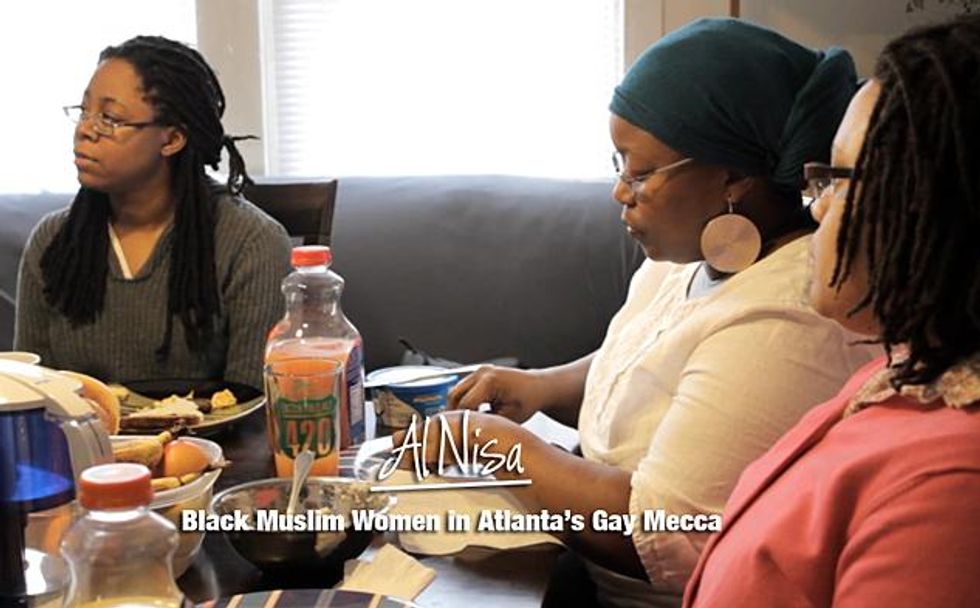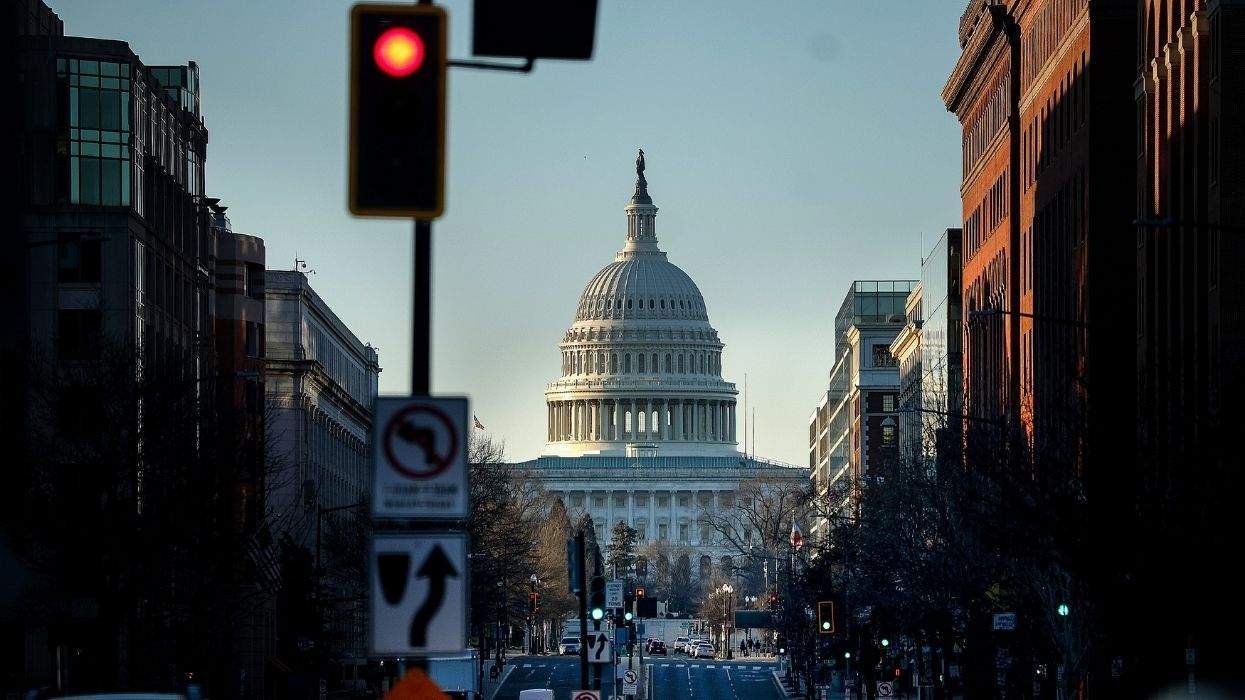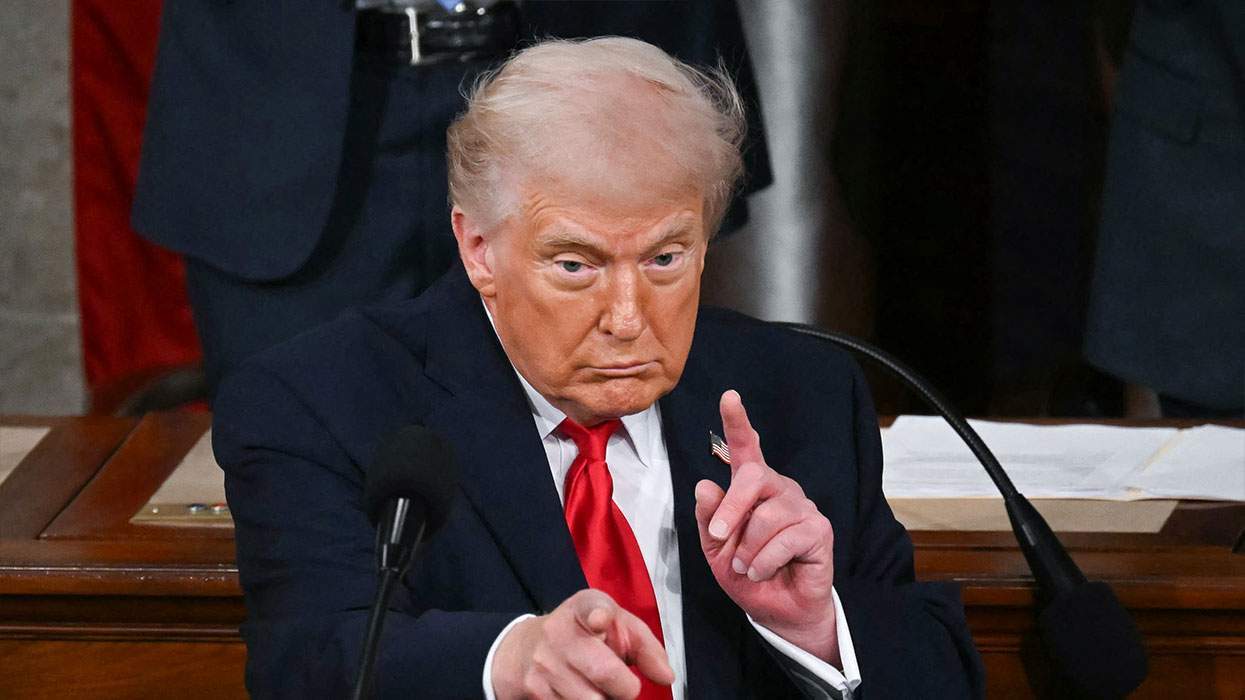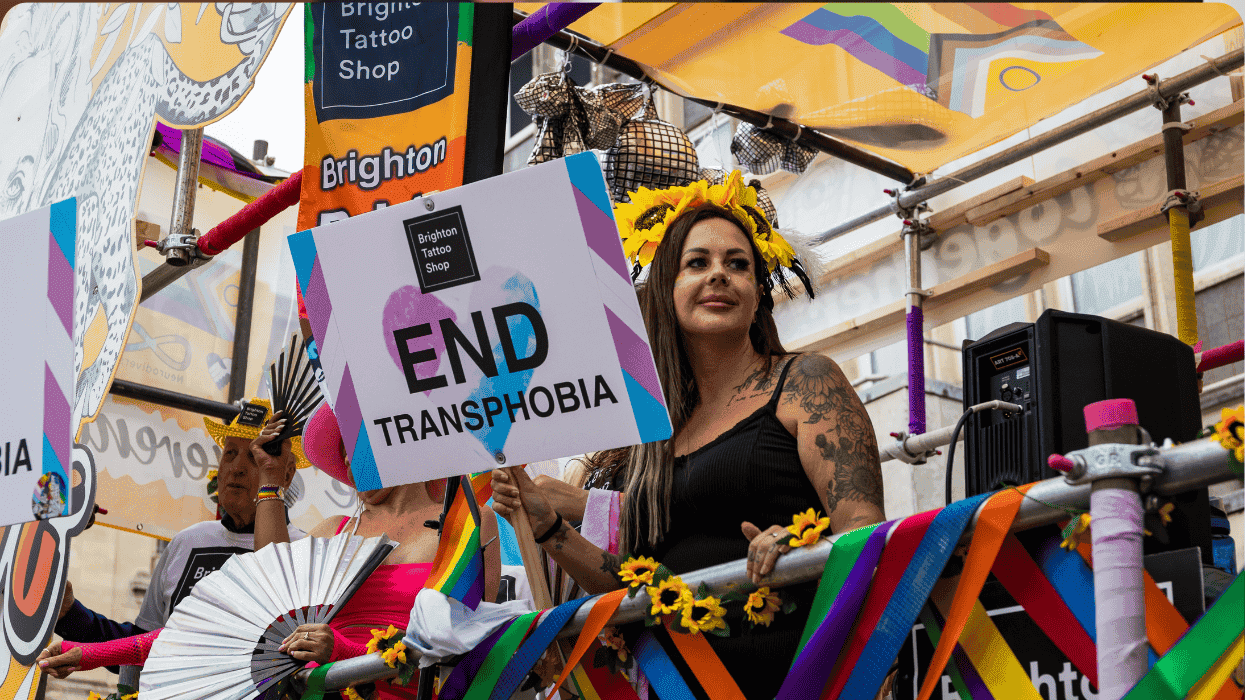Black. Muslim. Lesbian. I get the same look now that I did eight years ago when I say those words together. I might easily have said purple, polka-dotted unicorn. People pause and reflect. Their eyes become serious or confused. The contradiction in terms just does not settle well when most people hear it.
"I didn't know there was such a thing..." is a fairly common response. I don't blame them.
When I saw the words together for the first time, I was equally as stunned. Not because I held some narrow notions of what a Muslim was, or could be, but because I thought I was the only one.
I left the mosque in 2002 shortly after I left my husband. I wasn't sure if there was some policy on homosexuality that would apply to me. I didn't know if there would be some kind of public punishment for my supposed sin. I didn't know if I would walk through the doors and everyone would know that I had met a woman and I loved her, but I wasn't going to wait around to find out. When I stopped going, I disconnected myself from the very core of my existence. My spirituality had been a fundamental part of my daily life and I had become a woman, alone, thrust into a world where I was a perpetual outsider even in the most familiar places. I was embraced by my new community. I was loved and fed and groomed in feminist pedagogy and historical subtext. I became a part of a thriving community that shaped and formed me into a new and powerful being: a Lesbian. For a while, that was all I was and I was OK with that.
At a lesbian retreat in Malibu, I met a woman who invited me to come to New York and work on her video project. Standing in a Brooklyn brownstone, re-enacting a 1950s lesbian house party, I realized that three women in the house were also Muslim. It hadn't even occurred to me that Hanifah Walidah was a Muslim name. I stood still in that moment. I was not alone. There were four of us. I found them, my people. We hugged and laughed and talked about our shared experiences. That day in 2005, I was whole and in community with my sisters. That was the last day I was in a room with all of them, I went back to Chicago the next morning.
In 2008, I moved from Chicago to the black, gay, Mecca of America. Atlanta was the spot where all of us were converging to be fabulous. But this new home brought back a longing for me. Living on the West End, I see Muslim women every day. I often quieted the urge to greet them with a polite "As Salaam Alaikum" as I passed them in the aisle of the grocery store. This was a desire from another life. An identity that I could no longer access. Then the question came to my mind and I could not seem to shake it. If there are so many black people, Muslim people, and gay people moving to this city, are any of them black, Muslim, and gay also?
Al Nisa: Black Muslim Women in Atlanta's Gay Mecca became the answer to that question for me. It started as a project, an innovative subject for class. But, one day, a woman who heard that I was searching for lesbian Muslims on Facebook contacted me and asked me if I wanted to go to prayer with her that Friday. Another awkward silence followed. I hadn't considered that I could do that. I hadn't considered that I was a part of the community I was documenting. I worked so hard to be objective and professional that I didn't realize the radical feminist community that was being created from this project was one that I could also step into and be a part of. The feeling I had in that brownstone had returned. I was home again.
The first screening of my documentary happened to fall on the first week of Ramadan. My team and I didn't realize that when we set the date. I hadn't observed Ramadan in years, but this time, with the full support of my new community, I am able to reconnect to spiritual base through my fast. After the screening, we met with our friends and family and shared our meal together. For many, this is nothing notable. But for black, queer, Muslim women to share this space and time and meal together, it was nothing short of revolutionary. I was asked by a reporter recently if I would return to a mosque now that I have become a part of this growing community of Muslim women. I would still have to say that I don't know if I will. I can say that being with them has taught me that I can return. It has taught me that I don't have to choose between being gay or Muslim. That is a start. That is a really good start.
RED SUMMER is a performance artist, writer and filmmaker living in Atlanta. Follow her on Twitter @redsummer.
















